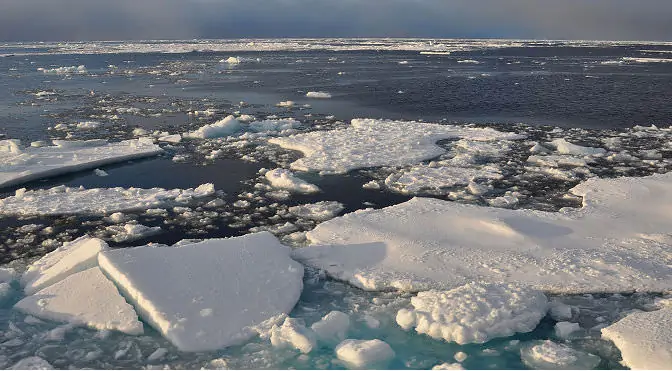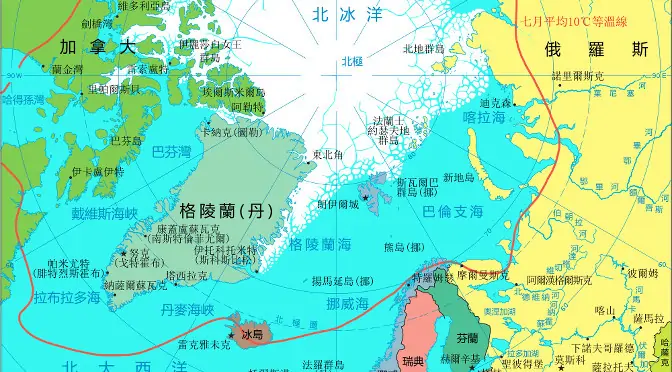Over the last few years China has been multiplying commercial and political relationships with Arctic countries. Reciprocally, these countries have been deepening their Chinese bonds. For example, on 24 April 2014, Queen Margrethe II of Denmark paid a state visit to China, and was received by President Xi Jinping (Global Times, “China, Denmark eye closer relationship“, 2014-4-25). During this visit, a ceremony was held over the signature of several agreements, “involving maritime technology, energy conservation, and poverty elimination among other fields.” (Global Times, ibid). These new political and economic ties between Beijing and Copenhagen are being developed alongside new relations between China and Greenland (Viviane du Castel et Paulo Brito, Groenland, entre independence et recuperation géostratégique?, 2014), which, today, is partly autonomous …
Continue reading “Arctic China (2) – The Chinese Shaping of the North”
The remaining part of this article is for our members and those who purchased special access plans. Make sure you get real analysis and not opinion, or, worse, fake news. Log in and access this article.











